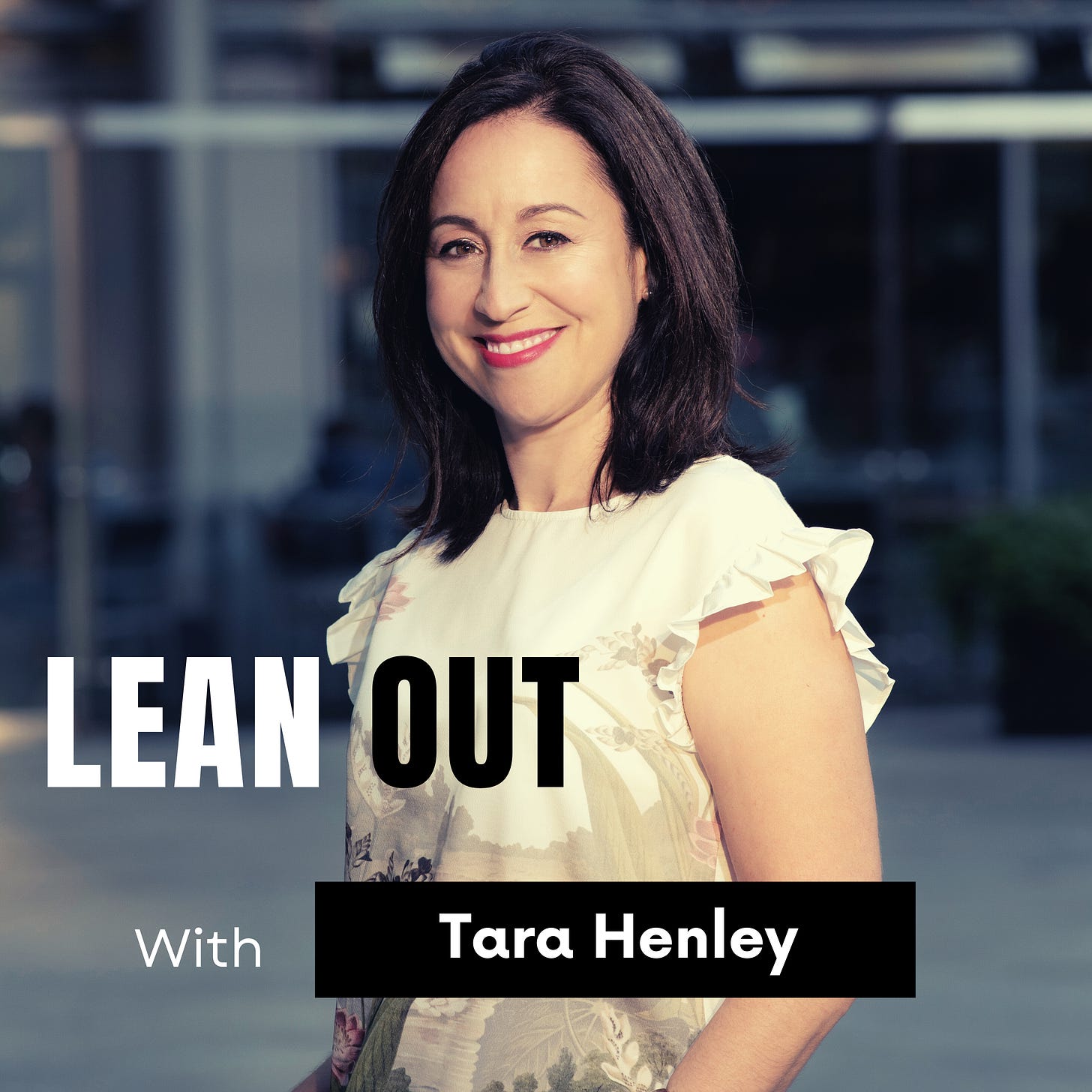“Workers across the developed world have been moving away from traditional working-class parties, while the left has shed most of its connections to anyone outside the email economy, and working-class concerns increasingly meet with progressive resentment and hostility…”
These are the opening lines of a recent piece from my guest on today’s podcast, titled, “The New Workers’ Movement,” and published in Compact Magazine. In the piece, my guest argues that by 2022 this has all become pretty obvious. And that the really interesting question is: What comes next for working-class politics?
Malcom Kyeyune is a writer, podcaster, and political commentator based in Sweden. He’s also columnist for Compact Magazine.
This edited transcript is for paid subscribers. You can listen to the full interview for free here.
TH: Malcom, welcome to Lean Out.
MK: Thank you for having me.
TH: It’s really nice to have you on. I’ve been following your work with much interest, both at Compact Magazine — a new radical journal for American politics — and elsewhere. Today we’re going to talk about a recent piece you wrote for Compact, “The New Workers’ Movement.” In it, you write that “in 2022, the sleeping giant of working-class militancy has reawakened.” Set this up for us. Give us a few of the developments in the West that have led you to come to that conclusion.
MK: Well, to set a table, I should say that I joined the left around the Great Financial Crisis. The received tradition on the left was this story about the working class. Which was: Once, things were bad, capitalism was this Charles Dickens thing. And then we had the big workers’ movements creating these huge industrial unions … Then, thanks to the fall of the Soviet Union, and Francis Fukuyama’s end of history, all of that fell apart. Now workers are completely powerless. That story — you can fit it in your head. It has a narrative arc to it that makes a lot of sense. But what we’ve seen these last few years is that it’s just not true.
We’ve had the development of this globalized, just-in-time economy, and the economy has also gotten a lot more efficient. There’s no warehouses with spare parts. There’s no margins for error. There’s nothing like that. What that produces is an extremely fragile system. And in an extremely fragile system, you really don’t need to have two million workers to shut down a state in the U.S. You could have two thousand workers. And if they’re critical enough, 10 million, 20 million, a hundred million people in America will be impacted severely. Because there’s, again, no margins left in the system.
What this produces is just a situation where over time workers who work in the real economy — where, again, every worker is pretty much critical … If people at a New York NGO [non-governmental organization] stopped answering their emails, you know, we could go a fairly long while before anyone really noticed that they weren’t at their posts. But if sewer maintenance workers stopped working, it wouldn’t really take a long time before people really, really notice. Right?
So, the people who have those kinds of jobs — which is not everyone, but it’s still a sizeable part of the population — are starting to realize that the moment they really start using their critical leverage, they can actually achieve quite a lot. You had the truckers’ protest in Canada, and now you have the farmers in the Netherlands. And before that, you had pilots striking sort of unofficially, because striking was formally illegal. Basically doing wildcat strikes. Which paralyzed a lot of airplane travel in 2020.
TH: You just mentioned the Canadian truckers and you do mention that in your piece as well. It’s interesting. You probably know that the Canadian public are very divided on this issue. Some see the truckers as neither working-class nor particularly political. The dominant narrative in the media followed our Prime Minister’s comments, saying that the truckers were a fringe group, espousing a pretty incoherent message — and even a hateful one. I found it bizarre to see groups like the Communist Party of Canada denouncing the truckers. You wrote an important piece at that time, “How the left betrayed the truckers.” Can you unpack this for us? Why is the left so hostile to these working-class protests we’re seeing around the West?
MK: I mean, I think that when I joined the left, people were really being nostalgic about old struggles. Like, there was some G-8 meeting in Europe in 1998, or something. And people 10 years later were still recounting tales of struggle from that meeting. Because, you know, someone threw a molotov and the cops came in with a water cannon and it was a real battle. People sort of venerated those memories, because they were seen as early signs that the working classes were about to wake up, form a political consciousness. I bring this up because, right now in 2021 and 2022, the real problem for the left is not the lack of a working-class political consciousness. It’s quite opposite. It’s that this consciousness is actually growing.
You have one of the people involved in the Canadian trucker protests, a man named Gord Magill, who is a trucker himself. He lives in America full-time now. He wrote a very short essay for the American think tank, American Compass, where he basically asked a question: How useful are the email caste of people?
Keep reading with a 7-day free trial
Subscribe to Lean Out with Tara Henley to keep reading this post and get 7 days of free access to the full post archives.




